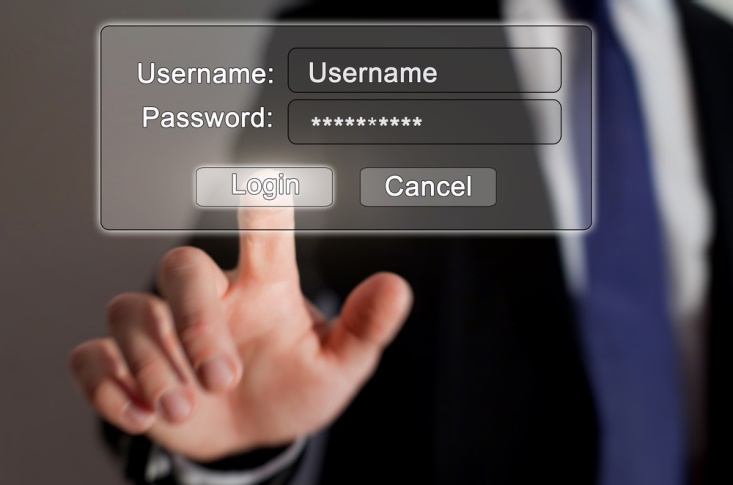Blog

How to Secure Your Company’s Computer Network
In this day and age, most businesses have a computer network set up, whereby two or more devices within the office, warehouse, store, or even globally-located venues, are connected and able to share resources.
There are many benefits to networking in this way, including the ability for people to work on documents together at the same time, even if they’re not in the same location. There’s also the ease with which staff members can now conduct work when they’re on the move or at home.
The downside of computer networks is, though, that the highly technological nature of them means that there can be issues with security. Businesses routinely face challenges caused by damaging software(such as worms, viruses and spyware) that can take down a whole system. As a result, it’s always a good idea to hire network support services from reputable firms that can ensure your system is less likely to be compromised.
Day in and day out though, you and your team must also do what you can to prevent hackers from accessing vital business data. Read on for some tips you can follow today to keep your company’s computer network safe from prying eyes.
Use Hard-to-Guess Passwords
One of the simplest ways to ensure a network is secure is to protect your system with a proper password. Even though it’s easy to do and can make a big difference, many business owners don’t actually take the time to develop hard-to-guess passwords, and instead use well-known codes like “123456” or “password”.
To keep your network safe, you should use passwords which are made up of a combination of lower and upper case letters, as well as numbers and symbols. Proper codes are also those which are at least eight characters long (between eight and 12 characters works best), and which are updated on a regular basis.
In addition, don’t forget to use different passwords for different things, so that if one gets hacked your whole system can’t be put at risk. If you find it difficult to keep track of numerous logins, you can utilize a password manager service for an affordable price.
Install Security Software
Next, remember that there is a lot of top-notch security software on the market that you can buy to keep hackers from accessing your vital business information or shutting down your systems. It pays to purchase antivirus, anti-malware, anti-spyware and anti-spam software that provides maximum protection.
Try to select products which: keep online data safe from prying eyes; block any potentially dangerous websites and emails; provide advanced virus protection; maintain user privacy and ward off identity theft; and block phishing emails. The most comprehensive software can also identify any apps which are designed purely to steal data.
In addition, all systems should have a firewall installed to help stop hackers from gaining access. Firewalls act as a barrier and filter threats out from secure and credible incoming data. You can choose to use the built-in firewall that comes already installed on many systems (although not always enabled so you may have to change the settings); or upgrade to a professional, third-party product.
Educate Staff Members on Proper Practices
Another way that you can keep your company’s computer network secure is to discuss best practices, and cybercrime risks, with all of your staff members. This is because, sadly, one of the biggest security holes for a business can in fact be its personnel.
As a result, each employee should be educated on the most common hacking techniques used by thieves and spammers, and some of the different security measures which need to be taken to safeguard the firm’s information.
Team members should be required to update their logins on both office software and hardware regularly (around every eight to 12 weeks is best), and should be taught how to recognize potential threats, such as spam emails or unsafe websites. It also helps to create a specific set of IT guidelines that all personnel need to follow when they’re using any company systems, including those on smartphones, laptops and tablets.
Keep Programs and Software Updated With the Latest Versions
Lastly, it’s also important to remember that software and operating systems need to be updated on a regular basis in order to be most effective. The majority of software companies refine their products constantly, and as they do, they fix any security problems that have arisen over time.
This means that the regular updates that become available are always going to provide the most bang for your buck. Browser plug-ins, too, such as Google Chrome, Internet Explorer and Firefox, should be updated to the newest version to prevent a security risk.



Comments